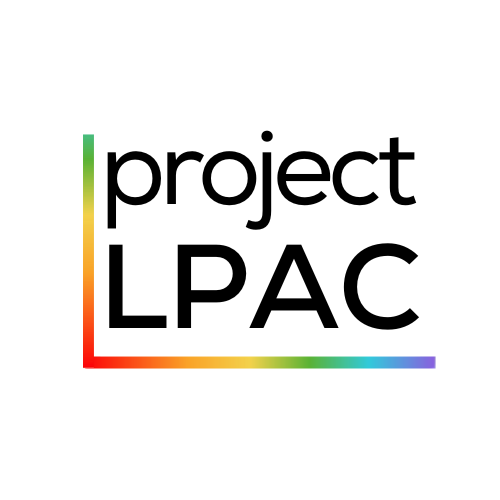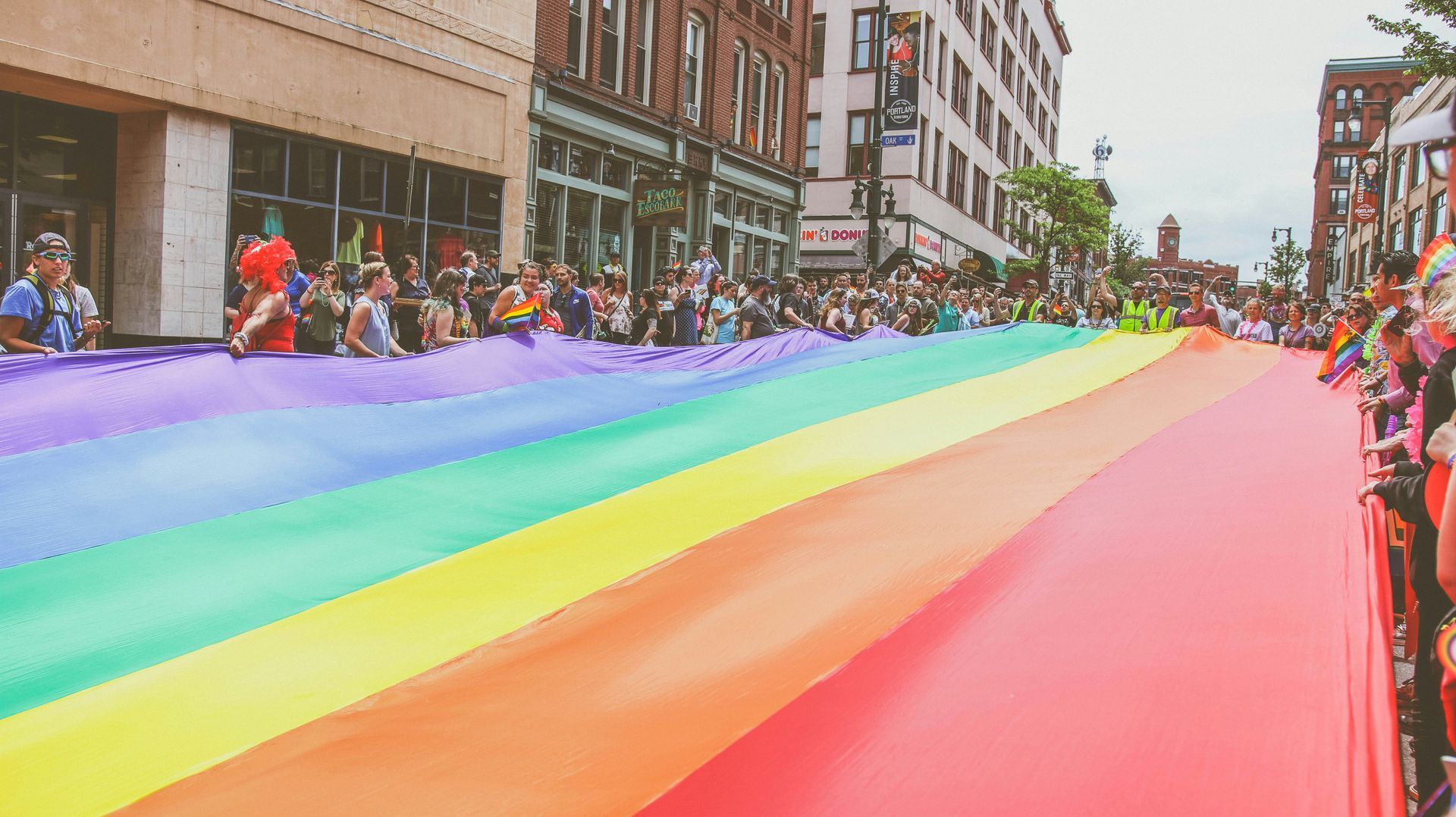News
News
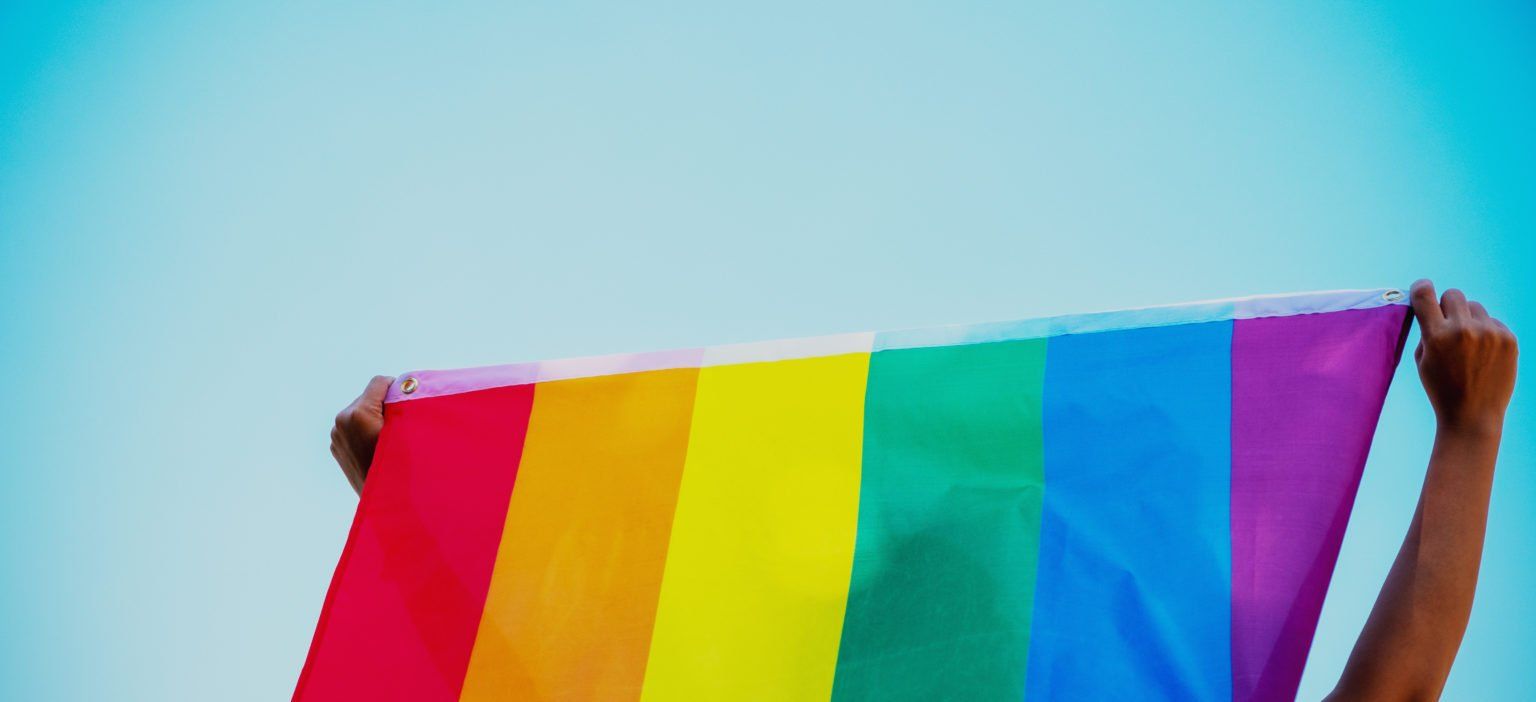
October 29, 2020
In 2019, Project LPAC released research showing that LGBTQ women were among the most Democratic-leaning groups in the U.S., and enthusiastic in donating their time and money to progressive causes. This year’s 2020 research, again conducted by Project LPAC with Lake Research Partners (LRP), delved even deeper on LGBTQ women and confirmed those results. LGBTQ women – a voting bloc of almost 6.7 million people* – are overwhelmingly Democratic, are highly engaged with the issues the country faces today, and above all else are superstar volunteers, activists, contributors, advocates and voters for progressive candidates and causes. The survey shows that one key to tapping into LGBTQ women’s vast appetite for taking political action is for organizations, candidates, and campaigns to speak out on the issues LGBTQ women care about most – racism, healthcare, the environment, LGBTQ rights, gun control, and abortion access. Read the rest of “LGBTQ Women as a Progressive Force” here .
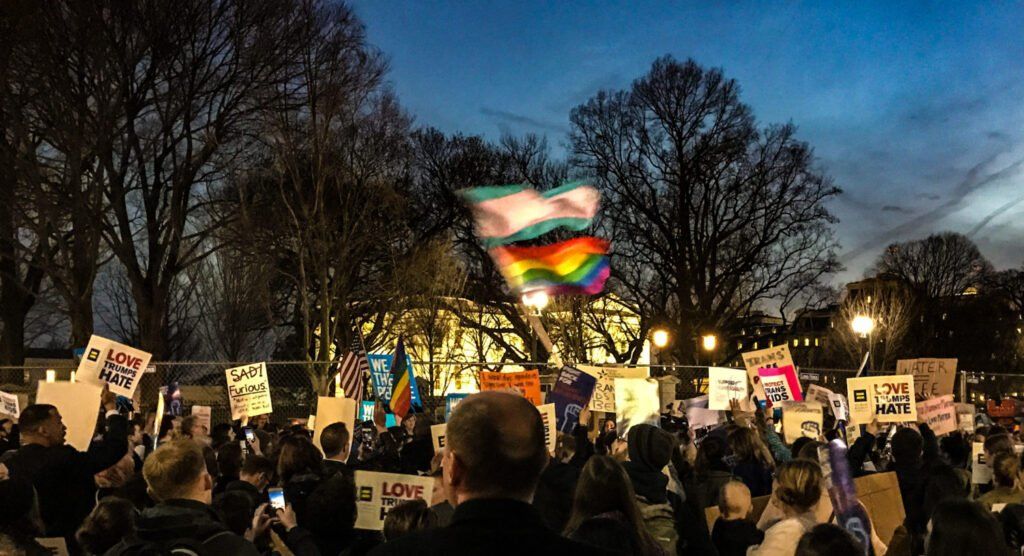
October 19, 2020
Project LPAC Senior Research Director Lisa turner is quoted extensively in a new article published in Ms. Magazine, “Democrats Are Overlooking a Key Demographic: LGBTQ Women.” From the article: Lisa Turner is political director of LPAC, the only national organization working to elect LGBTQ women to political office. And she knows how to make that happen. A longtime Democratic organizer, Turner’s had a hand in electing some of America’s most prominent LGBTQ women including Sens. Kyrsten Sinema (D-Ariz.), Tammy Baldwin (D-Wis.) and Chicago Mayor Lori Lightfoot. Now, she and LPAC are leading the fight to make 2020 the year more LGBTQ women are elected than ever before. Read the full story by Jim Grossfeld at Ms. Magazine here .
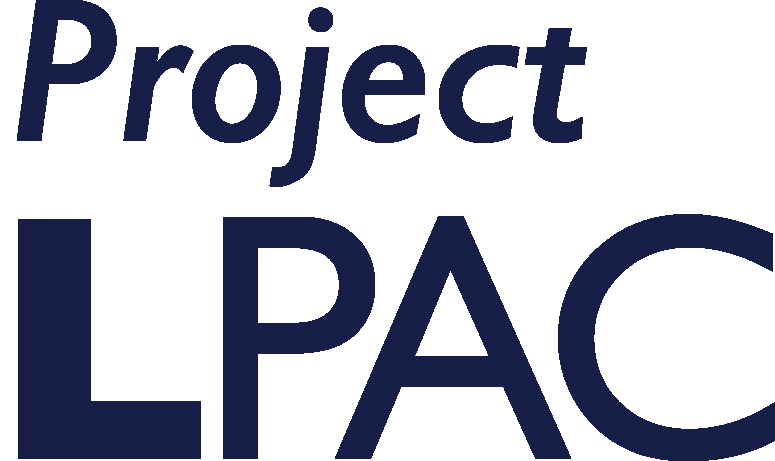
October 8, 2020
AMERICA'S PROGRESSIVE ENGINE: LGBTQ WOMEN Lisa Turner believes that "voter turnout will be epic." As Senior Director of Research and Political Engagement of LPAC (formerly known as the Lesbian Political Action Committee), Turner's forecast is founded in facts, trends, research, and expertise on voter behaviors, specifically that of LGBTQ women. Read the full story from Edge Media Network here .
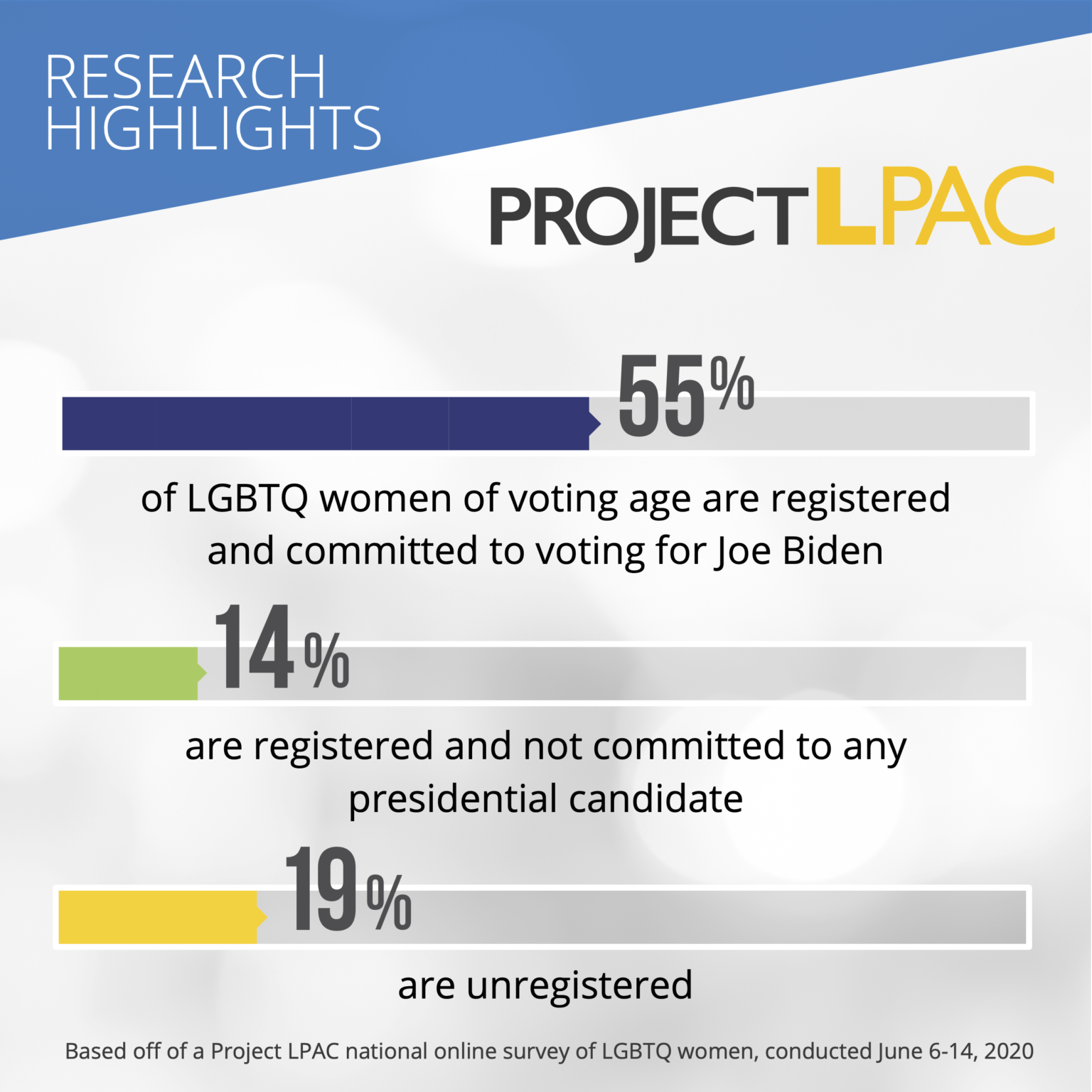
September 11, 2020
Last year, Project LPAC’s foundational research on LGBTQ women’s civic engagement defined the group as a distinct political community. This year, the nonprofit’s latest research, again conducted with Lake Research Partners, points the way to getting this community of more than 6 million people to the polls in November, a turnout that could help decide the election results. The new survey shows that the key to increasing LGBTQ women’s voter turnout in this election is to think about the community not as a monolith, but rather as three distinct voter groups that identify racism as a top issue they want elected officials to address in 2020: Registered, decided voters (55%) Registered, undecided voters (14%) Unregistered voters (19%) Read the full post in Gender on the Ballot .

September 8, 2020
Washington DC (August 31, 2020) – When it comes to voting and civic engagement, LGBTQ women are a group to watch. The community as a whole is significantly more likely than straight women to be tuned in and to be active for progressive causes this election year. LGBTQ women across ages and races are: more likely to vote for Joe Biden – by a 20-point margin (75% v 55%) more motivated to take political action, like voting or signing a petition (64% v 46%), and more likely to be concerned about the scourge of racism in America – at 39%, it’s a 29-point increase over last year’s findings , reflecting a uniquely deep engagement with current events. on average nearly 10 points more likely than straight women to say they will vote by mail this November. Though there are distinctions within the community, overall it’s a staunchly progressive demographic engaged with and passionate about values-based issues, which makes them ready and willing to donate, sign petitions, and vote if organizations and candidates reach out and recognize them. Drilling down by age: LGBTQ women over 50 are more likely to vote than their younger counterparts -- 90% vs about 74% -- and they are more concerned about healthcare (White LGBTQ women under 50: 25% vs over 50: 43%, and Black LGBTQ women under 50: 14% vs over 50: 35%). LGBTQ women over the age of 50 are extremely likely to vote in November, with 90% saying they are motivated. This compares to just 75% of straight women who are 50 or older. LGBTQ women under the age of 50 are also more motivated to vote compared to their straight counterparts: 75% to 68%, and with a striking 20-point gap among “very motivated” voters. Older women are also most likely to be split when it comes to their Presidential vote. LGBTQ women over 50 prefer Biden to Trump by a 57-point margin, compared to a 2-point margin among older straight women. By race: On the issues, race is a stronger predictor than sexual orientation or gender identity. Though racism is currently the top concern among the entire LGBTQ women’s community, Black (55%) and Latina (48%) LGBTQ women are more likely than white LGBTQ women (33%) to cite it as their top concern. And Black and Latina women overall were most concerned about racism regardless of sexual orientation or gender identity, while white women overall chose healthcare as their biggest issue focus. For white, straight women, racism comes in third, after healthcare, then the economy and jobs. “When it comes to voter engagement and attitudes in women, we knew that race and age mattered, but with this survey we know now that sexual orientation matters, too -- a lot,” said senior director of research Lisa Turner. “It’s a demographic that is highly motivated this cycle and shouldn’t be overlooked in outreach by candidates or progressive organizations.” Go deeper, including into the trans and gender non-conforming community, here .

August 11, 2020
Washington, D.C. (August 11, 2020) New research from Project LPAC shows that there is a key opportunity for Democrats -- and, notably, Vice President Joe Biden -- to pick up a significant chunk of LGBTQ women voters in November. Registered LGBTQ women voters support Biden over President Trump by a huge, 60-point margin: 75-14. The research shows, too, that LGBTQ women overall care more about racism than any other issue, so including outreach to this community around that already prevalent issue is a low-touch way to reach them. Go deeper: The survey found 3 distinct electoral segments of the LGBTQ+ women’s and gender non-conforming community. Registered/Committed to Biden (55%) This group is motivated and ready to vote Donald Trump out of office. They care about solving the issues surrounding racism, protecting the ACA and the taking care of the environment. They are more likely than LGBTQ women overall to be over age 50 and college educated. Registered/Non-Committed (14%) This group is unhappy with their choices for November. They care most about racism and LGBTQ equality – and 90% of them don’t see any difference between Trump and Biden on LGBTQ issues. This group is much more likely than all LGBTQ women to be younger than 50 and non-college educated. They are also slightly more likely to be young Black women and AAPI women. Non-registered (19%) These non-registered LGBTQ+ women are prime targets for campaigns & organizations working to motivate people who care enough about progressive values to get registered to vote. This group of LGBTQ+ women may be the hardest to reach, but the survey found that this segment of the population believes that government should play an outsized role in dealing with unemployment, racism and healthcare. A candidate willing to make the investment in COVID-era voter registration efforts and then the case that they are the leader best suited to handle these issues stands to gain a significant number of supporters. This group is disproportionately more likely to be non-college educated and younger than 50. See this data here , and stay tuned for the next data rollout, exploring voter distinctions between LGBTQ and straight women around the upcoming election.

January 20, 2020
Washington, D.C. (January 20, 2020) New research from Project LPAC shows that LGBTQ and straight women differ in their voting habits and their beliefs, findings that have implications for how candidates strategize and campaign during the remainder of the 2020 election cycle. Typically lumped with either LGBTQ men or with women, the new data shows that the country's estimated 6.4-million voting-aged LGBTQ women are a unique political demographic – and that candidates will reap disproportionate benefits at the polls by addressing their concerns. Survey findings include: LBGTQ women are more Democratic than straight women by an 18-point margin (64% to 45% among straight women). Looked at the opposite way, straight women are more Republican by 21 points (35% to 13% among LGBTQ women). Straight women are 22% more likely to have voted for Donald Trump in 2016 – only 11% of LGBTQ women say they voted for Trump while a third of straight women did. Over half of LGBTQ women voted for Hillary Clinton in 2016 (52%). Nearly a quarter (24%) of LGBTQ women did not vote in 2016 compared to 17% of straight women who didn’t vote in 2016. (LGBTQ women also voted in lower percentages than LGBTQ men, which is interesting since they are disproportionately passionate about issues that concern them. This shows that campaigning to LGBTQ women could reap disproportionate dividends at the voting booth.) LGBTQ women are more likely to be concerned about the environment and climate change (+14), and abortion access (+6) than straight women. There are significant differences between LGBTQ women and straight women when it comes to concerns about bias against LGBTQ people: Half (51%) of LGBTQ women are very concerned about bias against LGBQ people in the United States compared to only 22% of straight women. Straight women are net unconcerned by an 8-point margin, and LGBTQ women are net concerned by a 73-point margin. For concerns about trans bias, those numbers become 59%: LGBTQ women very concerned, by a 67-point margin, while straight women remain net unconcerned, by a 3-point margin. “Encouraging more LGBTQ women to vote this election cycle could literally be the difference between a win or a loss for a number of progressive candidates,” said Stephanie Sandberg, Project LPAC’s executive director. “The stakes couldn’t be higher for the future of our democracy – when candidates think about how to tailor their message, don’t forget to speak to this important segment of the electorate.” The survey was conducted by Lake Research Partners (LRP) August 21-27, 2019. The total sample size was 1501 and has a margin of error of +/-3.1%.
Project LPAC is a fiscally sponsored project of Social Good Fund, a California nonprofit corporation and registered 501(c)(3) organization, Tax ID (EIN) 46-1323531.
Project LPAC | All Rights Reserved |
Created by Olive + Ash.
Managed by Olive Street Design.
